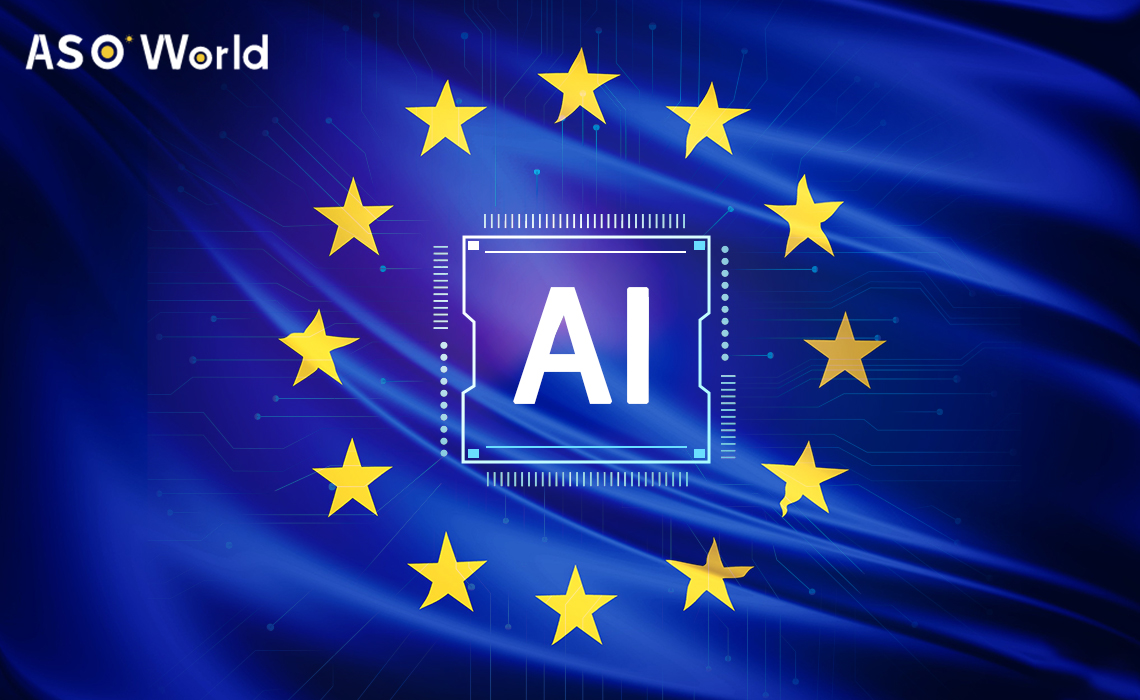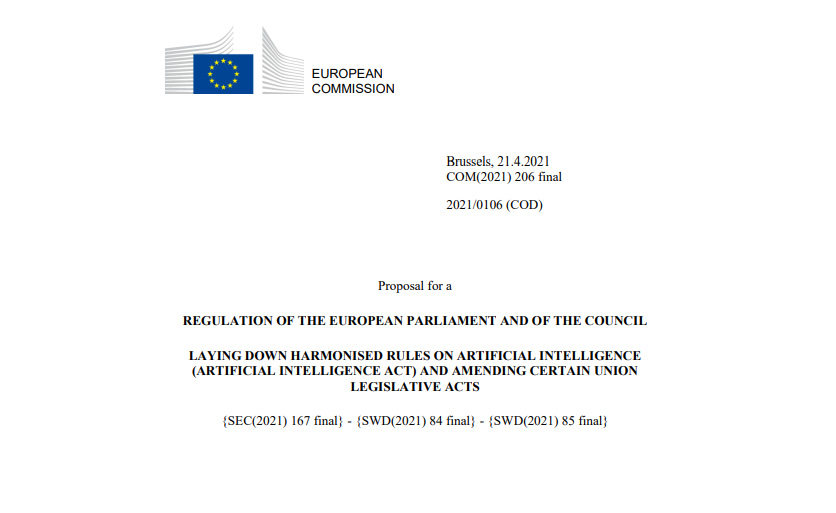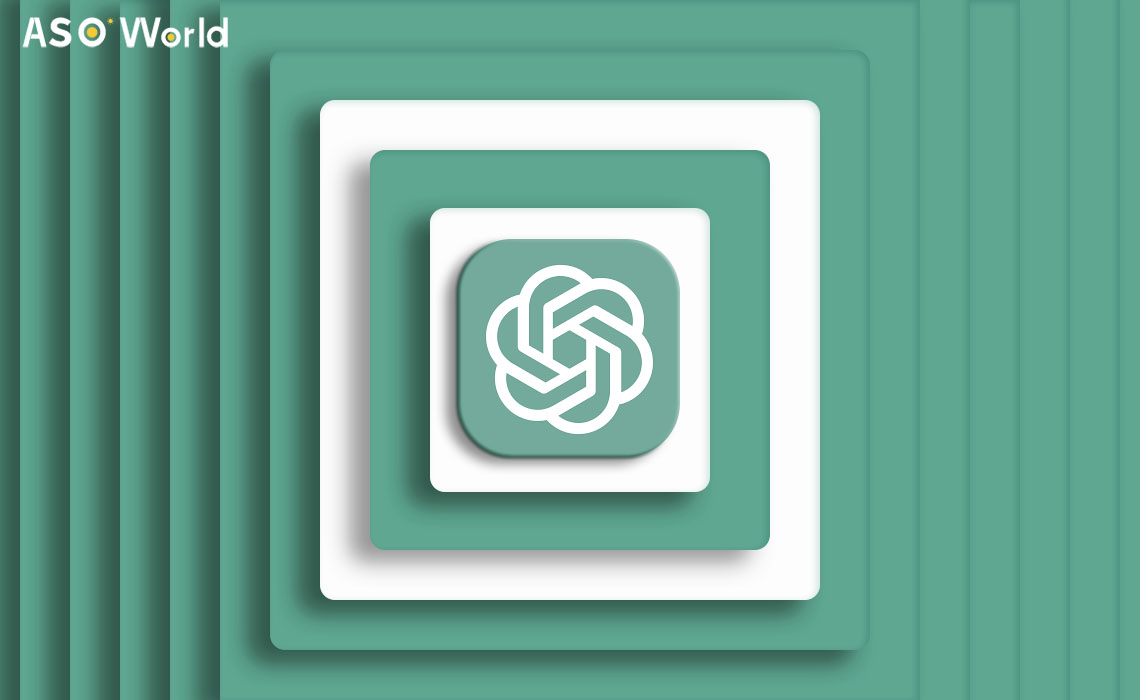The Future of Sports Apps Marketing in 2026: What to Expect Next






The European Union's landmark agreement on a comprehensive AI regulation framework promises to set global standards for the ethical development and deployment of artificial intelligence technologies.

European Union lawmakers have reached a historic agreement on a risk-based framework for regulating artificial intelligence after lengthy negotiations. The proposed AI Act, which was first introduced in April 2021, aims to establish a pan-EU law to ensure "trustworthy" AI.
The EU's president, Ursula von der Leyen, praised the political agreement as a "global first," following a nearly three-day-long final negotiation session. The deal, which is still pending the release of the complete text, includes strict prohibitions on certain uses of AI and sets a precedent for future AI regulation worldwide.
The 🇪🇺 AI Act is a global first.
— Ursula von der Leyen (@vonderleyen) December 8, 2023
A unique legal framework for the development of AI you can trust.
And for the safety and fundamental rights of people and businesses.
A commitment we took in our political guidelines - and we delivered.
I welcome today's political agreement.

>>>> Artificial Intelligence Act: deal on comprehensive rules for trustworthy AI
Provisions in the agreement include a total ban on AI for:
Law enforcement's use of remote biometric identification in public places is not entirely banned but is subject to stringent safeguards, such as prior judicial authorization and limitations on the scope of crimes.
The deal also addresses "high-risk" AI systems with potential harm to health, safety, and fundamental rights. It requires a mandatory fundamental rights impact assessment for such systems, including those used in the insurance and banking sectors.
General AI systems, including foundational models like ChatGPT, will have transparency requirements, with additional obligations for those with "systemic risk."
Non-compliance with the new regulations can result in fines ranging from €35 million or 7% of global turnover to €7.5 million or 1.5% of turnover. The law will be phased in, with different requirements taking effect over a period ranging from six to 24 months.
EU officials, including Spain's secretary of state for digital and AI issues, Carme Artigas, and the European Parliament's co-rapporteurs Dragoș Tudorache and Brando Benifei, have hailed the agreement as a significant milestone for digital regulation in Europe and a model for global AI legislation.

App developers will need to ensure their AI-driven apps comply with the EU's AI Act, potentially facing higher costs and longer development times due to new compliance requirements. Transparency in how AI apps operate and use data will be crucial.
App stores will likely tighten their review processes to align with the Act, leading to stricter screening of AI apps before they are made available to users. This could result in safer and more trustworthy apps but may also slow down the release of new AI-driven features and services.
Developers who quickly adapt to these regulations can differentiate their apps as ethically sound and privacy-friendly, aligning with growing consumer expectations.
Click "Learn More" to drive your apps & games business with the ASO World app promotion service now.
Get FREE Optimization Consultation
Let's Grow Your App & Get Massive Traffic!
All content, layout and frame code of all ASOWorld blog sections belong to the original content and technical team, all reproduction and references need to indicate the source and link in the obvious position, otherwise legal responsibility will be pursued.